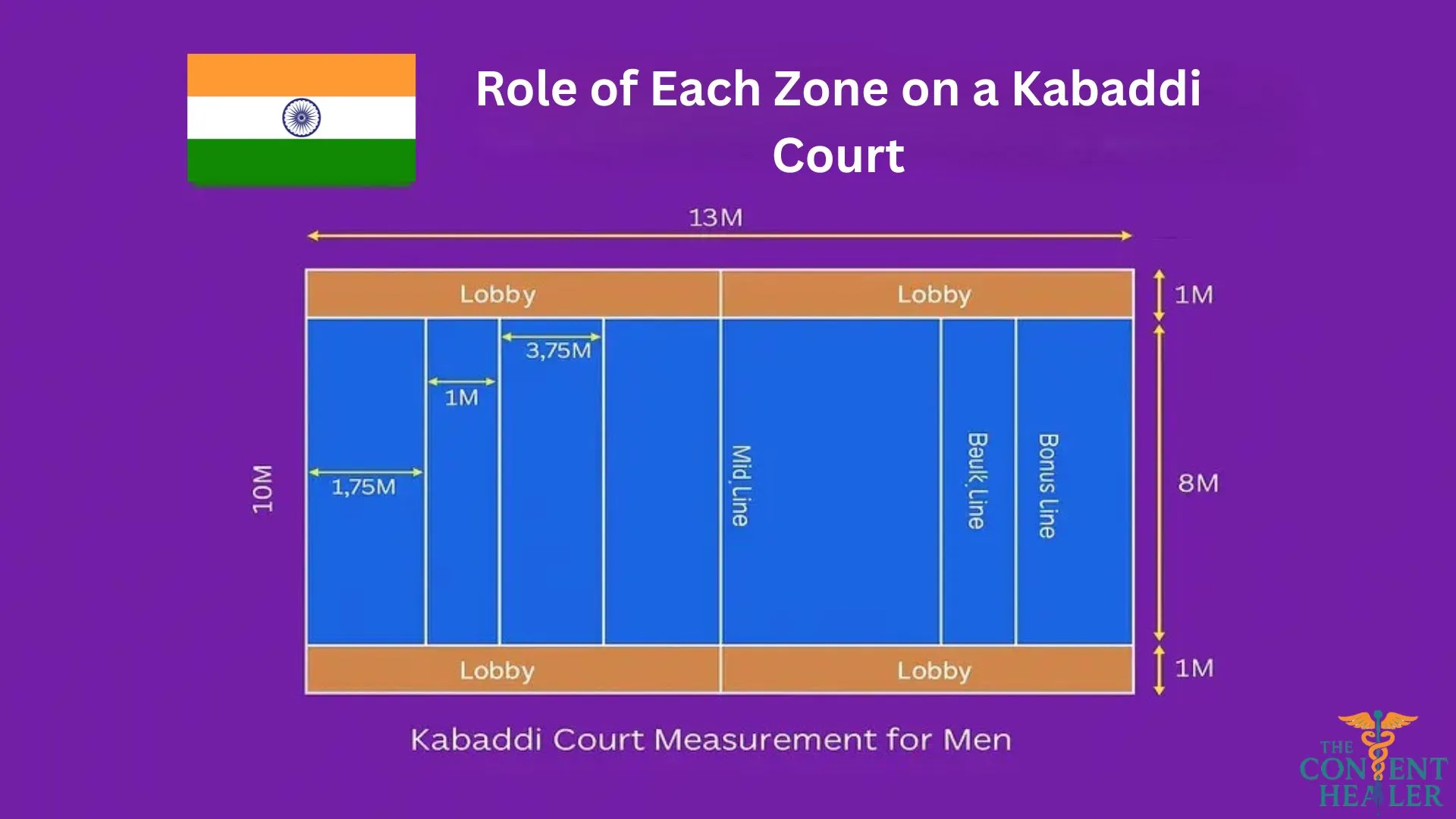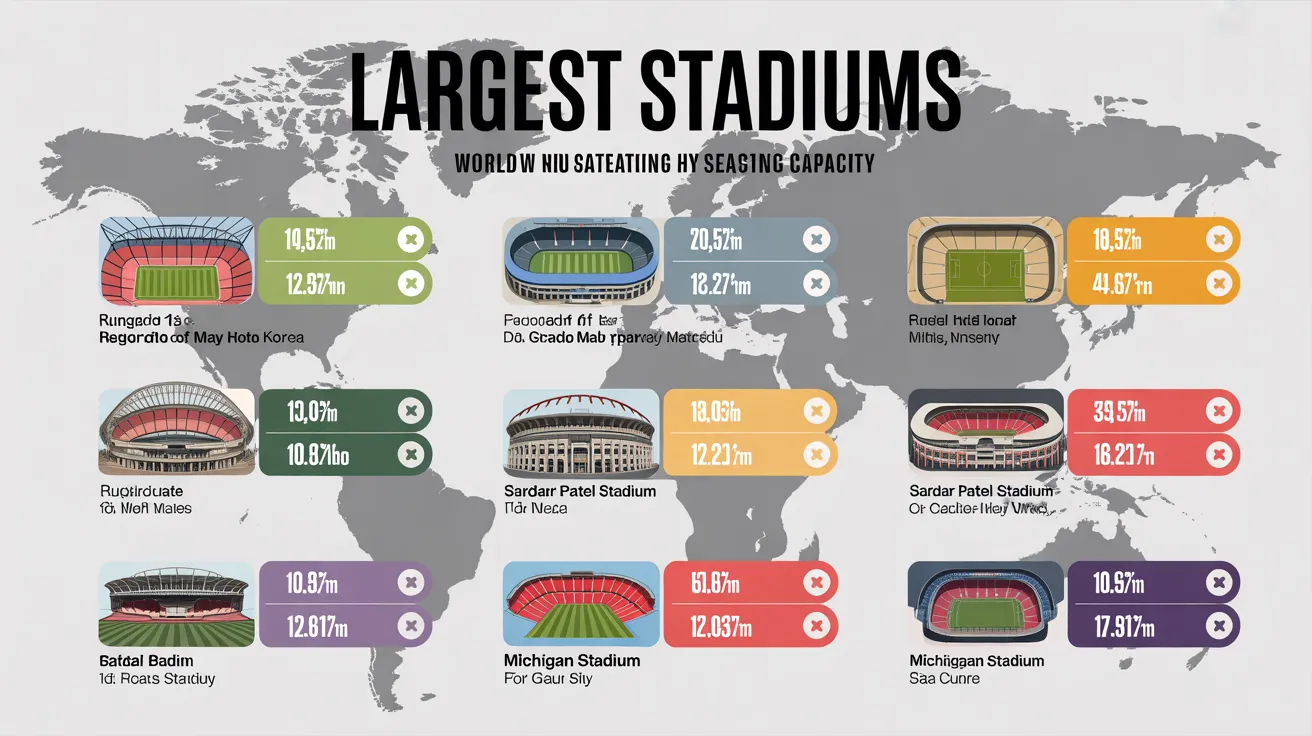Introduction
In today’s hyper-connected world, personal data is one of a business’s most valuable assets. But with this value comes enormous responsibility—and growing pressure to protect it. Over the past decade, the surge of global data privacy regulations has fundamentally changed how companies operate. From Europe’s General Data Protection Regulation (GDPR) to California’s Consumer Privacy Act (CCPA) and China’s Personal Information Protection Law (PIPL), organizations worldwide are adapting to a new era of accountability, transparency, and trust.
In this article, we’ll explore why the future of data privacy lies in global harmonization and how your business can prepare for what’s ahead.
The Rise of Global Data Privacy Regulations
The landscape of data protection has evolved rapidly. GDPR, which came into force in 2018, set the benchmark for comprehensive privacy laws, introducing principles like:
- Lawful, fair, and transparent data processing
- Purpose limitation
- Data minimization
- The right to erasure (right to be forgotten)
The GDPR inspired similar regulations worldwide:
- CCPA (California) granted consumers the right to access, delete, and opt out of the sale of their personal information.
- PIPL (China) introduced strict rules for collecting and processing data within China’s borders.
- LGPD (Brazil) established transparency, accountability, and data security requirements.
As more countries develop their privacy frameworks, businesses are facing an increasingly complex compliance environment that is nearly impossible to ignore.
The Impact on International Business
Global companies now find themselves navigating a maze of conflicting regulations. Every new law adds layers of complexity:
- Cross-border data transfers must comply with diverse requirements around where and how data is stored.
- Compliance costs are skyrocketing as companies adapt policies, processes, and technologies for different jurisdictions.
- Operational risks increase when businesses fail to keep up with evolving laws.
Many organizations are rethinking their global strategies to balance innovation with compliance while minimizing legal exposure.
Consumer Expectations and Brand Trust
Today’s consumers are more informed and privacy-conscious than ever. They expect:
- Clear information about how their data is collected and used
- Control over their personal information
- Assurance that companies are safeguarding their privacy
Failure to meet these expectations can have severe consequences. Data breaches, misuse of personal information, and non-compliance can destroy brand reputation overnight. On the other hand, companies that prioritize transparency and data protection can build lasting customer loyalty and differentiate themselves in the marketplace.
The Role of Technology in Enabling Compliance
Technology is now central to managing data privacy. Companies are turning to privacy-enhancing technologies to meet growing regulatory demands while maintaining business agility:
Encryption ensures that sensitive data is protected in transit and at rest.
Differential Privacy enables analysis of large data sets without exposing individuals’ identities.
Federated Learning allows machine learning models to be trained across decentralized data sources, reducing the need for centralized data storage.
Compliance automation platforms streamline processes like consent management, data subject requests, and reporting.
Investing in these tools not only reduces compliance risks but also demonstrates a commitment to responsible data stewardship.
The Push Toward Global Harmonization
The current fragmented system is unsustainable. As the number of privacy laws grows, calls for international harmonization are getting louder:
- Organizations like the OECD and G20 are working to develop interoperable frameworks that bridge regional differences.
- Many countries are adopting GDPR-like principles, suggesting an emerging consensus around core privacy rights.
- Unified standards can lower compliance costs, reduce legal uncertainty, and support international trade.
Over the next decade, global cooperation will likely accelerate, leading to more consistent privacy regulations worldwide.
Preparing Your Business for the Future of Data Privacy
Businesses that act now will be better positioned to navigate the evolving landscape. Here are practical steps you can take:
Conduct Data Audits:
Identify what data you collect, where it’s stored, and who has access.
Update Privacy Policies:
Ensure your policies are transparent, accessible, and aligned with the latest regulations.
Train Employees:
Build a culture of privacy awareness and compliance across your organization.
Invest in Privacy Technologies:
Adopt encryption, consent management tools, and automation platforms to reduce risks.
Embed Privacy by Design:
Integrate data protection into every product and process from the start.
By taking these measures, you can future-proof your operations while building trust with your customers.
Conclusion
The rise of global data privacy laws is reshaping the digital business landscape. As consumers demand greater transparency and governments enforce stricter standards, the push for international harmonization is inevitable. Companies that embrace this shift—by investing in technology, updating their strategies, and prioritizing privacy—will gain a competitive advantage in a world where data protection and innovation go hand in hand.





